SOCIAL CERTIFICATION

amfori BSCI (Business Social Compliance Initiative) is a leading business-driven initiative for companies committed to improving working conditions in the global supply chain. The amfori BSCI is based on the labor standards of the International Labour Organization (ILO) and other important international regulations like the UN Charta for Human Rights, as well as on national regulations. This initiative aims at continuously improving the social performance of suppliers, ultimately enhancing working conditions in factories worldwide.
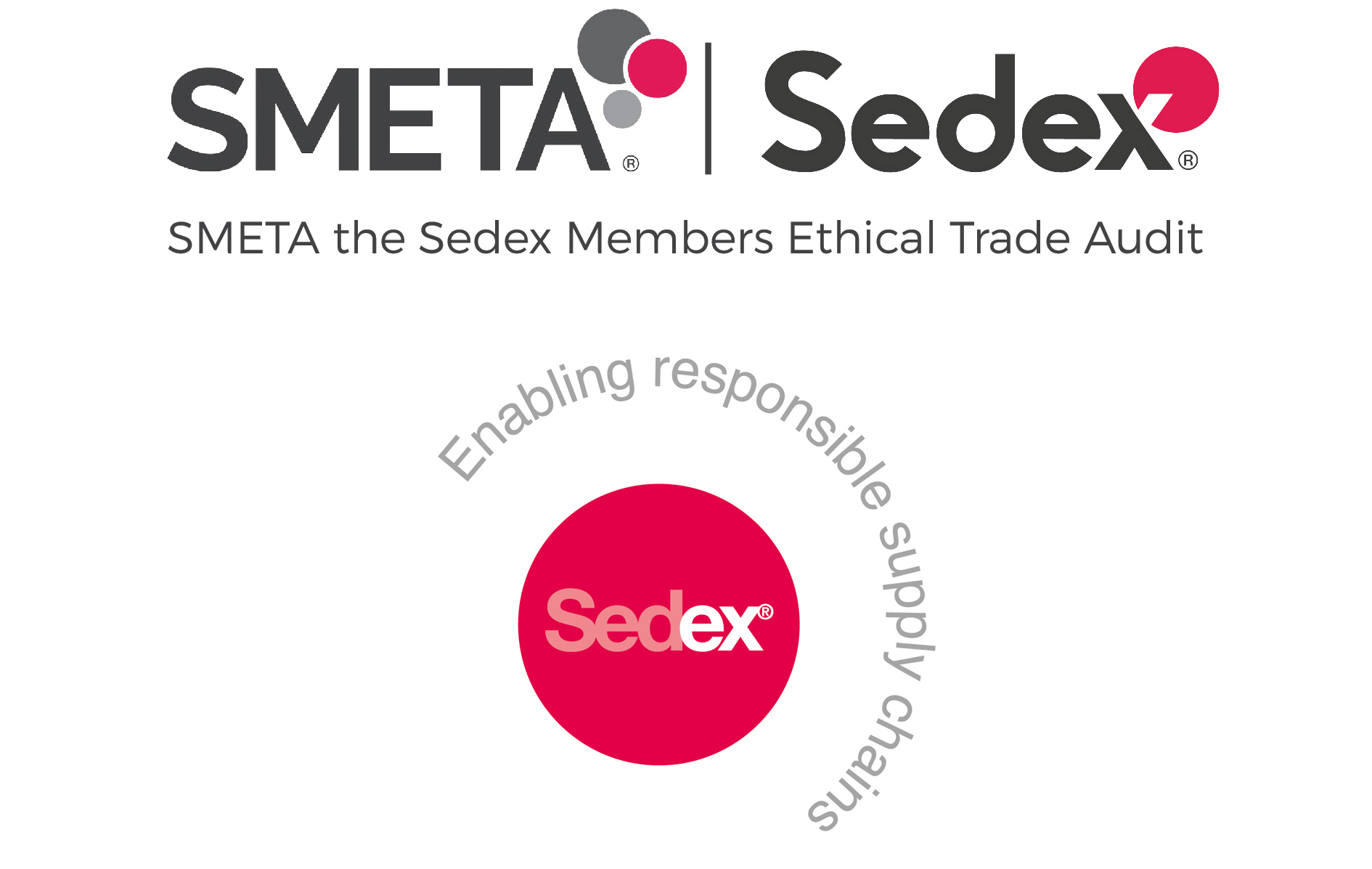
SEDEX (Supplier Ethical Data Exchange) is a not-for-profit membership organization for businesses committed to the continuous improvement of ethical performance within their supply chains. Sedex can ease the auditing burden on suppliers through the sharing of reports and to drive improvements in supply chain standards.
SMETA (Sedex Members Ethical Trade Audit) was created and is designed to reduce duplication of effort in ethical trade auditing, benefitting retailers, consumer brands, and their suppliers. It was developed in response to member demand for an ethical audit report format that could more easily be shared.
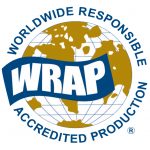
WRAP is the international independent certification program mainly focused on the apparel, footwear, and sewn products sectors. Becoming a WRAP certified facility involves much more than simply passing an audit. It must take a collaborative approach to social compliance certification to ensure that the facilities remain in compliance with WRAP 12 Principles. This does require the engagement in the process and see to it that effective management systems are maintained to ensure compliance requirements are met.
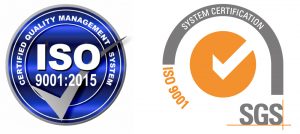
ISO 9001 is the international standard for a quality management system (“QMS”). In order to be certified to the ISO 9001 standard, a company must follow the requirements set forth in the ISO 9001 Standard. The standard is used by organizations to demonstrate their ability to consistently provide products and services that meet customer and regulatory requirements and to demonstrate continuous improvement.
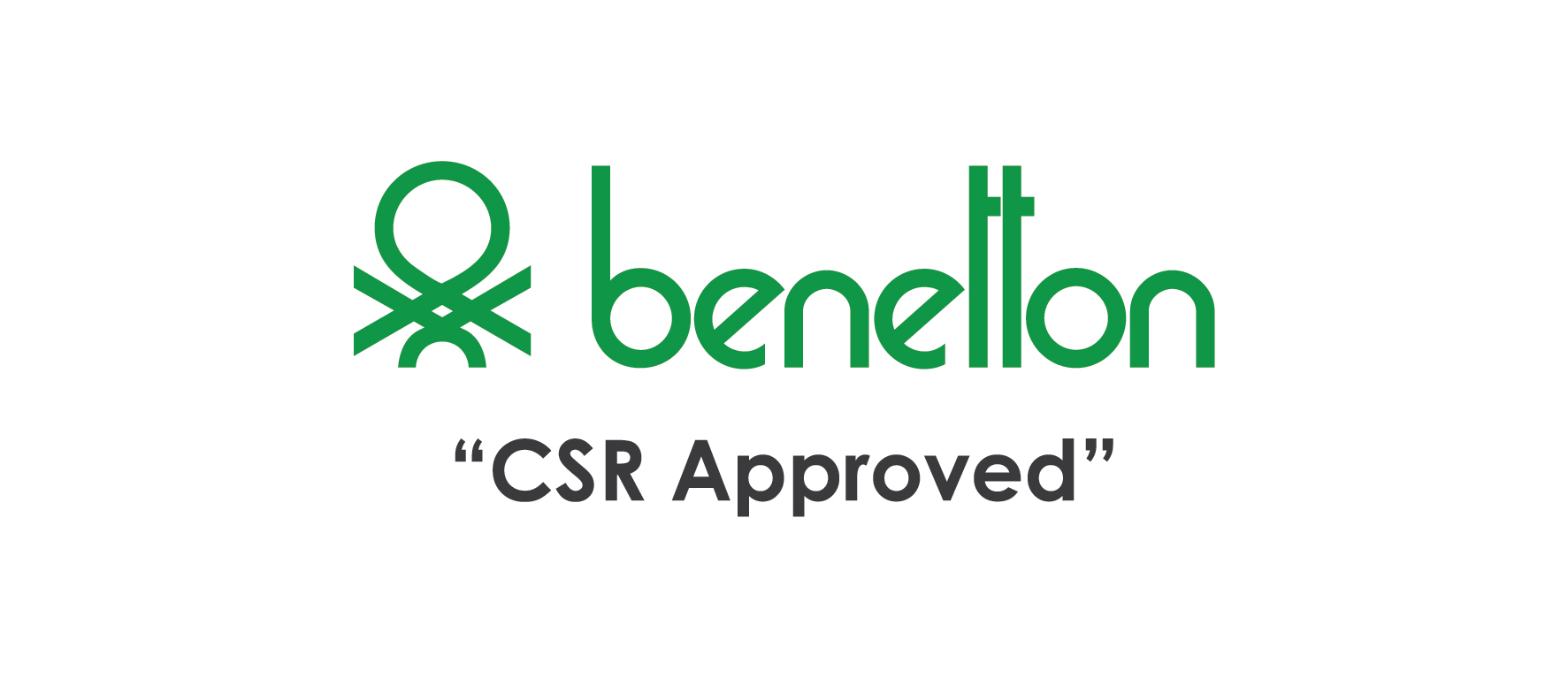
BENETTON COC (Code of Conduct): This COC applies to all suppliers and subcontractors, as well as to anyone doing business with Benetton Group to share these commitments and undertake this Code of Conduct, which includes International Labor Standards, local regulation, the legal framework on the environment protection, and also regulations on health and safety of working environment for BENETTON’s Supply Chain Management Provisions.
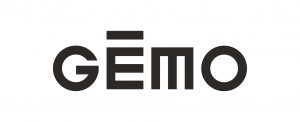
GÉMO has established minimum standards for workplace conditions and worker rights. These standards, our Social and Environmental Compliance guidebook are a mandatory condition of doing business with Gémo. These requirements are based on our company values and the international standards set forth by the Universal Declaration of Human Rights and the International Labor Organization (ILO).

NEXT COP: All NEXT’s suppliers must comply with NEXT COP (Code of Practice) which is a tool that assists NEXT in selecting and retaining suppliers. As guiding principles, it helps identify potential problems so that we can work with our suppliers to address issues of concern as they arise.

ASTRA is a global supply chain service provider to brands and retailers in long-term partnerships. Brands and retailers increasingly rely on efficient supply chains to maintain their competitive edge in the global market. ASTRA provides the reliable and accurate information regarding all areas of the supply chain and offer advice in terms of risk management, ensure reliability, and enhance transparency along the supply chain.

ICS (Initiative for Compliance and Sustainability) is a group of experts representing retailers motivated and involved, close to the ground. The ICS is promoting a responsible trade by working on the social responsibility of manufacturers of stores Commerce and Distribution in import products from countries at risk.
ENVIRONMENTAL CERTIFICATION

Oeko–Tex Standard 100 is an independent testing and certification system for textile products from all stages of production (fibers, yarns, fabrics, ready-to-use end products, including accessories) along the textile value chain.
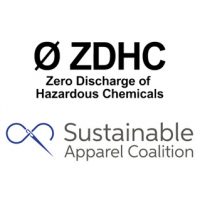
ZDHC (ZERO DISCHARGE OF HAZARDOUS CHEMICAL) monitor by SAC.(Sustainable Apparel Coalition): ZDHC is a program where brands and retailers from all over the world work together to achieve the common aim of eliminating hazardous chemicals from the textile industry. The ZDHC’s holistic approach allowed to develop tools for an increasingly prudent management of chemical products, by defining new standards to control the production processes and the discharges into the environment as well as by promoting training activities and benchmarking the brands themselves.

Higg Index is a suite of tools that enables brands, retailers, and facilities of all sizes—at every stage in their sustainability journey—to measure social and environmental sustainability performance. Developed by the Sustainable Apparel Coalition, the Higg Index is the leading assessment for standardized supply chain sustainability assessment.
The Higg Index delivers a holistic overview that empowers businesses to make meaningful improvements that protect the well-being of factory workers, local communities, and the environment.
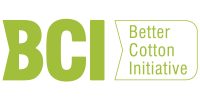
BCI (Better Cotton Initiative’s) exists to make global cotton produce sustainably. Cotton production should be better for the people who produce it, better for the environment it grows in, and better for the sector’s future. BCI connects people and organizations from across the cotton sector, from field to store, to promote measurable and continuing improvements for the environment, farming communities and the economies of cotton producing areas.
